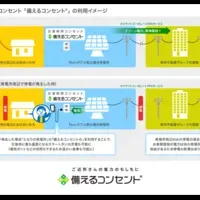
UK Public Sector Faces 30.6 Million Hours Lost Weekly Due to Inefficiencies
Unveiling the Hidden Costs of Inefficiency in the UK Public Sector
Recent findings from a collaborative study by Appian and Coforge, revealed a staggering figure that could reshape our understanding of public sector productivity in the UK. The average inefficiency experienced translates to 30.6 million extra hours of work every week across 6.12 million public sector employees. Such insights unveiled through the 2025 UK Public Sector Efficiency Survey indicate that 94% of public sector workers feel the pinch from manual processes that hinder delivering timely services to citizens.
The Struggles of Public Sector Workers
The survey uncovered that public employees spend five additional hours weekly due to process inefficiencies stemming from common hurdles:
- - Manual and Repetitive Tasks: Excessive paperwork and manual data entry not only drain time but also weaken morale.
- - Accessing Multiple Legacy Systems: Constantly shifting between outdated systems to retrieve or input identical information contributes heavily to lost productivity.
- - Inadequate Training and Support: Without comprehensive training, employees struggle to adapt to evolving processes, creating barriers to efficiency.
Additionally, adapting processes to meet changing demands and regulations proves challenging, with 91% of respondents affirming difficulties in maintaining productivity amid shifting service needs and governmental policies.
AI and Automation: A Path Forward
Despite these challenges, the survey results show a glimmer of hope. 62% of public sector workers express confidence in artificial intelligence's ability to improve efficiency across their organizations. This belief stands strongest among back-office IT roles, where 71% reported optimism. The potential of automation is highlighted even more, with 72% advocating for automating routine tasks to simplify workflows and enhance productivity.
Peter Corpe, Appian's Industry Leader for the UK Public Sector, emphasized that
Topics Other)










【About Using Articles】
You can freely use the title and article content by linking to the page where the article is posted.
※ Images cannot be used.
【About Links】
Links are free to use.